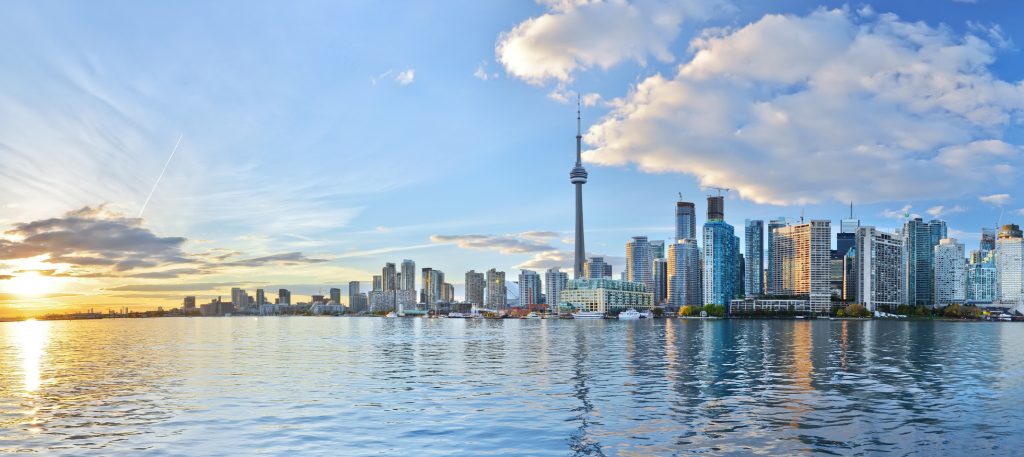Toronto defines short term rentals as entire homes or one or two rooms rented out for less than 28 consecutive days, including bed and breakfast establishments, but not hotels and motels. It also does not include other accommodations where there is no payment involved. The following is a complete guideline for Toronto’s short term rental regulations so that anyone can be a responsible host when using platforms like Airbnb, VRBO, and other similar services. This rundown should give you a good start in understanding your local laws.
Hosting your Primary Residence
Hosts are permitted to operate short term rentals in Toronto only if their listing is their primary residence. To do this, hosts must register with the city and post their registration number on their listings or provide a valid reason for its exemption to comply with the ordinance. In fact, the city will block listings that do not have a valid registration number or exemption mentioned on them from hosting short term rentals in Toronto.
To register, applicants must provide the following information:
- Address and contact details
- Details of your short term rental
- An emergency contact’s name and phone number will be available 24 hours a day during the rental period.
- Government-issued ID: Ontario driver’s license or Ontario photo card.
- Registration Fee: A $50 registration fee must be paid annually with a valid credit card.
After applicants submit the registration form, the city government will review the application. Upon approval of the application, the host will receive a registration number by email within five working days. Short term rental hosts must add this number to their listing.
Registration Renewal
Registration is valid for one year from the date of application, and applicants must renew it every year. You can renew your registration online for a $50 renewal fee.
Hosting as a Renter/Hosting a Secondary or Laneway Suite
Tenants or those living in a secondary suite or laneway suite can also offer short term rentals, only on the condition that they rent their principal residence.
Night limits for Hosting
Short term rental operators can rent out an entire home for up to 180 nights per year. They can also rent out up to three bedrooms in their primary residence for an unlimited number of nights per year.
Taxes
Hosts must pay a 4% MAT (Municipal Accommodation Tax) for stays of 28 nights or less. Airbnb will collect and remit the Municipal Accommodation Tax starting from the 1st of January 2021.
Other Short Term Rental Regulations
As a responsible host, you must comprehend and abide by other vacation rental rules and regulations that bind you. These include leases, community rules, HOA rules, or other guidelines set up by tenant associations. Feel free to reach out to your landlord, housing authority, or community council to find out more. To get more information about other regulations, you can visit Toronto’s official website or contact us for further Airbnb Management Toronto services.
